The court confirmed that the conclusion of the MAC may be grounds for dismissal from service due to care
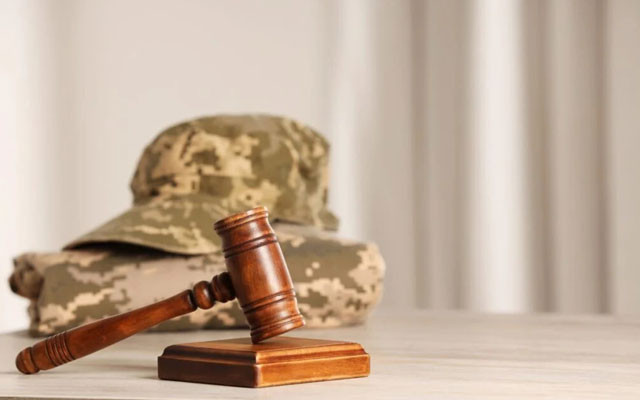
Military personnel who are discharged during martial law due to family circumstances related to the need for constant care for a spouse with a Group I or II disability must confirm this reason with a conclusion from a medical advisory commission (MAC) and a certificate in the form No. 080-4/о.
This conclusion was reached in case No. 480/9446/24 by the Sumy District administrative court, which was upheld by the Second administrative court of appeal on September 4.
A military serviceman submitted a report on his dismissal from service due to the need to provide constant care for his wife with a Group I disability. He attached copies of personal documents, a marriage certificate, and medical reports confirming his wife's disability and need for constant care to the report.
However, the military unit refused to accept the report, considering the documents provided to be inadequate: the medical and social expert commission's report only mentioned the need for outside care, and the medical advisory commission's conclusion, in the opinion of the command, could not be applied in this case. Technical inaccuracies in the medical documents and alleged shortcomings in the content of the report itself were also pointed out.
The serviceman appealed the refusal in court. His legal position was formulated and he was represented by the chairman of the Center for methodological assistance and coordination of the volunteer movement of advocates for the legal protection of servicemen at the Ukrainian National Bar Association Yaroslav Romanenko.
The court analyzed the provisions of the Law «On military duty and military service» and concluded that the basis for dismissal is precisely the need for constant care for a spouse with a disability of group I or II. The law does not specify a specific document confirming such a need, so both the MSEC certificate and the conclusions of the MAC should be taken into account.
At the same time, the MSEC only determines the need for «external care», while the concept of «constant care» covers the continuity and complete inability of a person to self-serve. This difference has already been clarified by the Supreme Court in case No. 120/1909/23 (decision of 21.02.2024).
With regard to persons who, due to their state of health, are unable to care for themselves and require constant outside care, the court believes that such powers fall within the remit of the MAC. These healthcare institutions have the right, in particular, to issue conclusions:
- conclusions or recommendations regarding the care of a child until he or she reaches the age of six, and in the case of a child with type I diabetes mellitus (insulin-dependent), until the child reaches the age of 16;
- a conclusion on the presence of bodily functions that prevent terminally ill persons from moving and caring for themselves independently and require social care services on a non-professional basis (form No. 080-4/о), with recommendations on obtaining the relevant services;
- a conclusion on the presence of cognitive impairments in elderly citizens, as a result of which they require social care services on a non-professional basis (form No. 080-2/o), with recommendations for obtaining the relevant services;
- a conclusion on the need for constant third-party care for a person with a disability of group I or II due to a mental disorder, in accordance with the form approved by order of the Ministry of Health of Ukraine No. 667 of July 31, 2013.
Therefore, a conclusion on the presence of bodily functions that prevent terminally ill persons from moving and caring for themselves independently and require care (form No. 080-4/o), with recommendations for receiving appropriate services, may be evidence that the person is unable to care for themselves due to their health condition and requires constant outside care.
On these grounds, the refusal to the serviceman was found to be unlawful, and the military unit was obliged to make a decision on his dismissal on the grounds provided for by law.
The ruling of the Second administrative court of appeal in this case can be found at this link.
Popular news
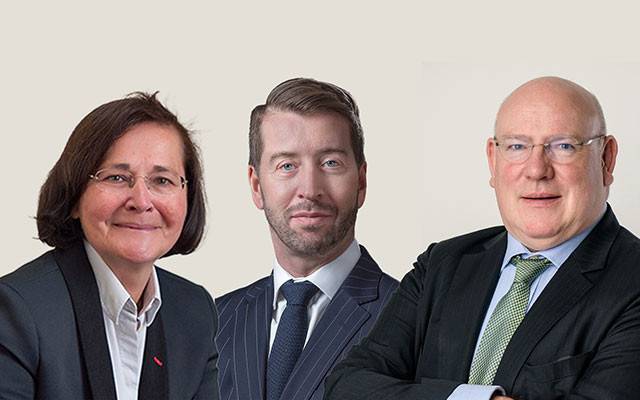
Legislation
UNBA initiatives to implement the Roadmap were supported by international experts
International experts who participated in the inaugural meeting of the Working Group on the implementation of the Roadmap on the rule of law in advocacy and agreed to join it expressed their support for the initiative of the Ukrainian National Bar Association.

Legislation
How will the group responsible for implementing the Roadmap for advocacy operate?
The working group on the implementation of the Roadmap on the rule of law in the area of advocacy will operate at several levels: plenary meetings as a platform for adopting framework decisions, a coordination bureau for compiling documents and calendar control, and thematic subgroups for preparing norms and their justification. International experts will verify the results against European standards and «red lines».
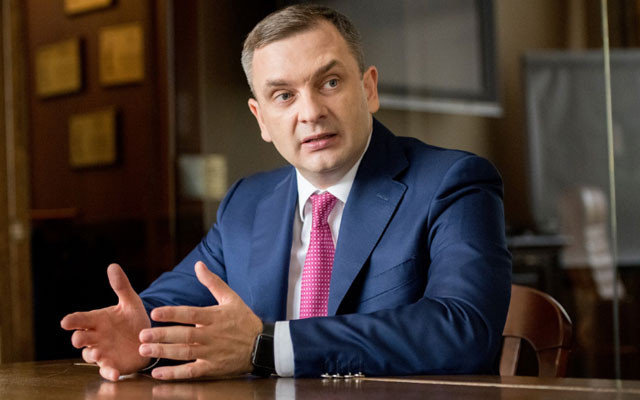
Legislation
Advocacy is a responsible entity, not a critic of reform — V. Gvozdiy
The Roadmap on the Rule of Law is not a basis for restructuring the model of advocacy, but a framework for verifying and improving the already European-oriented system. At the same time, part of the work has already been done, so further progress should be made in the form of coordinated and practical decisions.
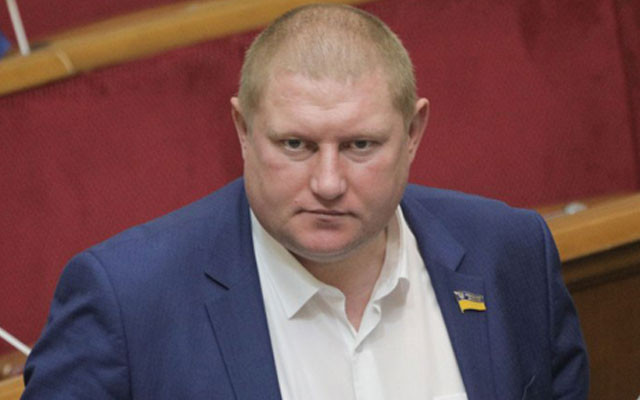
Legislation
Vatras on the implementation of the Roadmap: only advocates should create their own destiny
Work on implementing the Roadmap in relation to advocacy should be based on the participation of the professional community itself, and key tasks should be structured in such a way as to avoid mixing processes that differ in content and procedure.
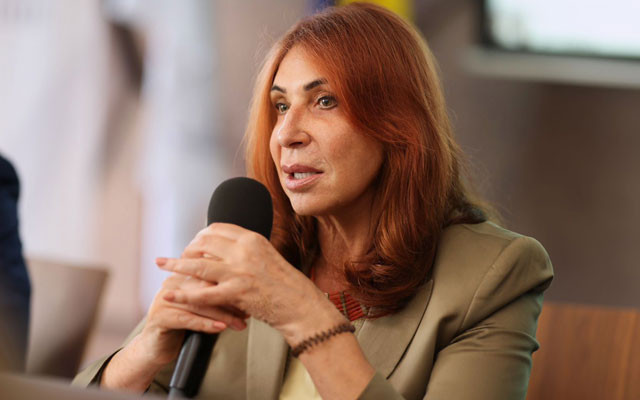
Legislation
Lidiya Izovitova outlined the approach to implementing the Roadmap for advocacy
The general approach to working on the implementation of the Roadmap on the Rule of Law in terms of reforming advocacy should not be based on «slogans», but rather on gathering facts, comparing them with standards, consulting with the professional community, and formulating norms for which participants are prepared to take responsibility.
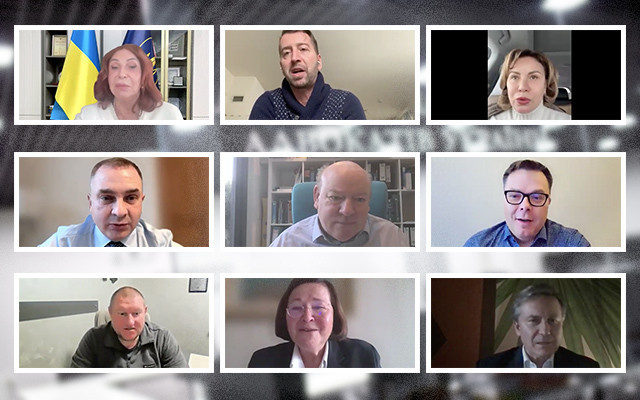
Legislation
Roadmap and advocacy: working group holds first meeting
On January 2, the first organizational meeting of the Working Group on the implementation of the Roadmap on the rule of law in the area of advocacy reform took place. The event was devoted to agreeing on the framework for further work and exchanging the initial positions of the participants.
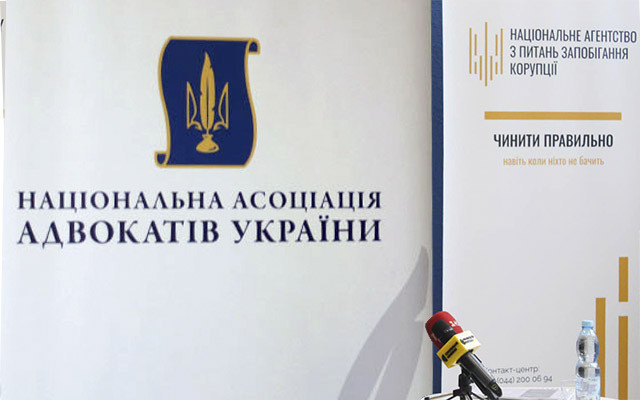
Self-government
BCU: NACP initiatives regarding the Bar are unconstitutional interference
The Bar Council of Ukraine has condemned the initiatives to reform the Bar proposed by the National Agency on Corruption Prevention as direct, gross and systematic interference by the executive branch in the activities of an independent constitutional institution.

Self-government
UNBA program for implementation of the Roadmap on the rule of law published
In order to ensure the implementation of measures set out in the Roadmap on the Rule of Law, the Bar Council of Ukraine approved a program for its implementation in relation to the reform of advocacy.
Publications

Victoria Yakusha, Law and Business The anti-corruption vertical cannot «take care» of the Bar as an institution, - acting head of the HQDCB

Censor.net Protecting advocates – protecting justice: addressing concerns about the new law

Ihor Kolesnykov A BRIEF SUMMARY REGARDING THE APPLICATION OF THE ORDER ON EXTENDED CONFISCATION IN LATVIA REGARDING FINANCIAL ASSETS OF…

Valentyn Gvozdiy WORKING IN A WAR ZONE

Lydia Izovitova Formula of perfection

Sergiy Vylkov Our judicial system is so built that courts do not trust advocates

Iryna Vasylyk Advocacy in the proclamation of Independence of Ukraine

Oleksandr DULSKY When we cross the border of the Supreme Anti-Corruption Court, we get into another department of the National Anti-Corruption…
